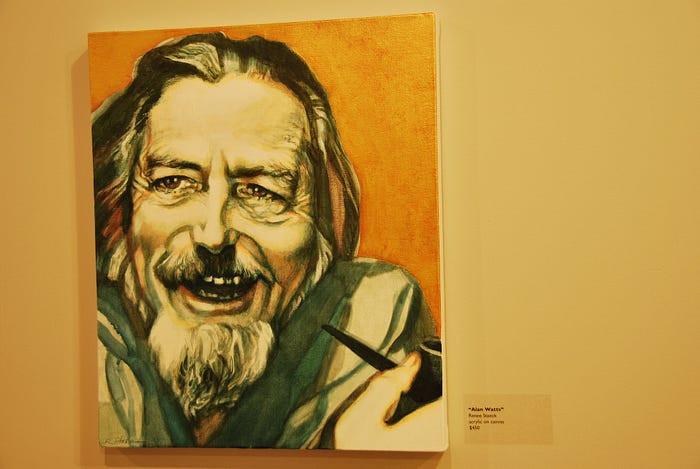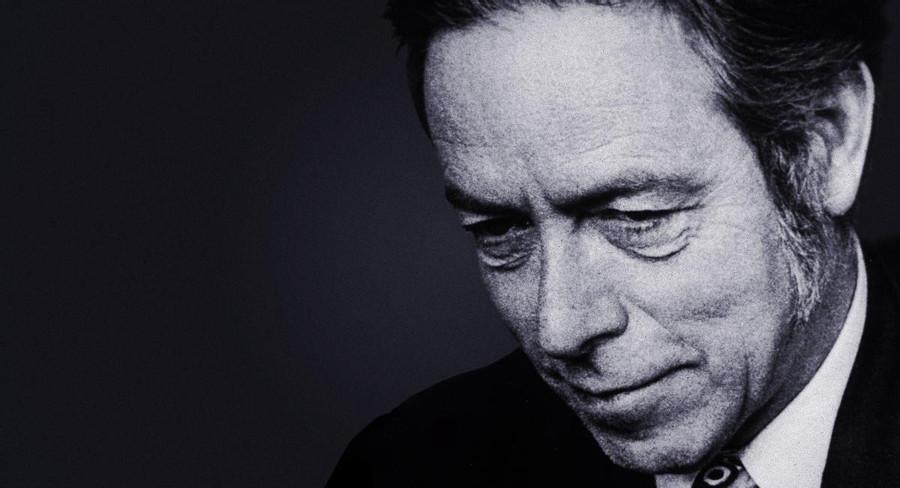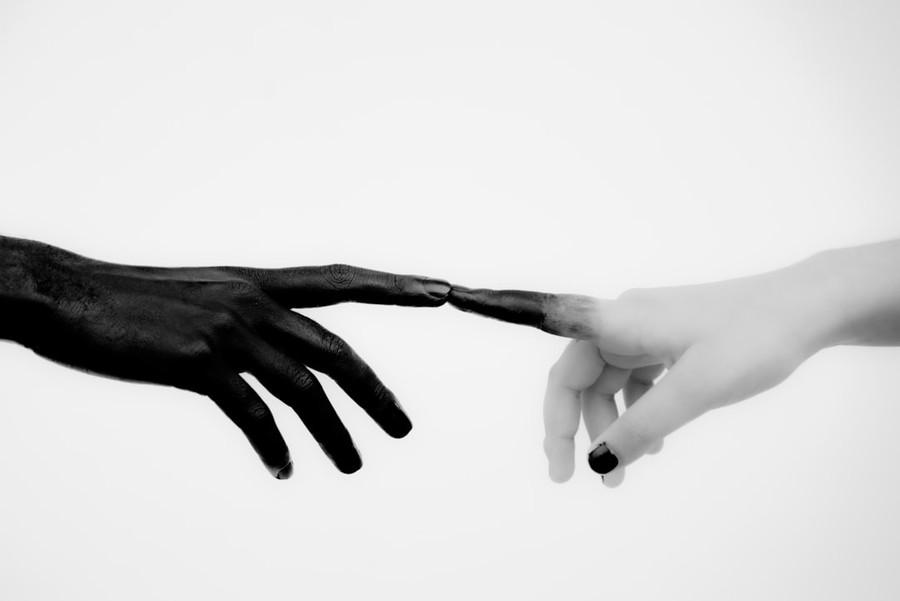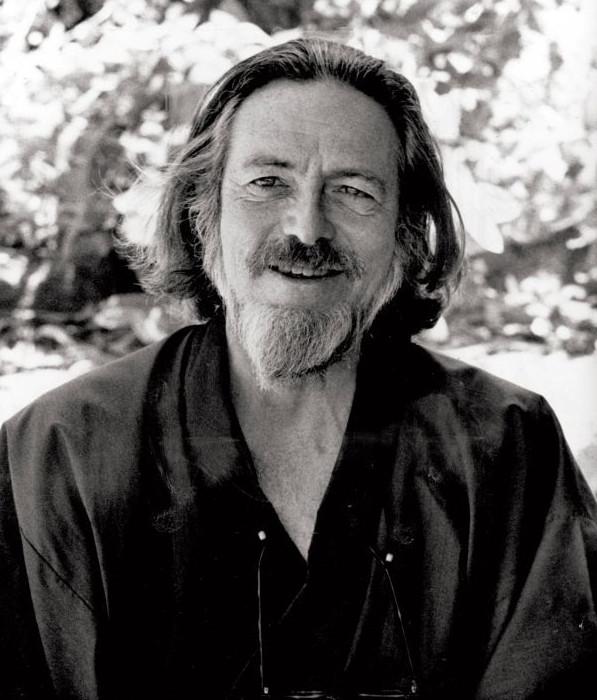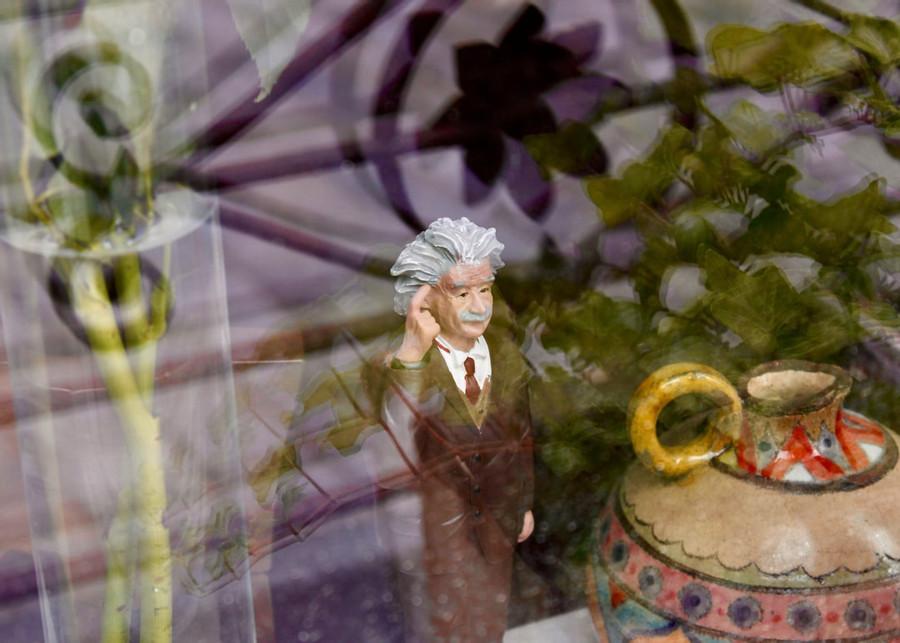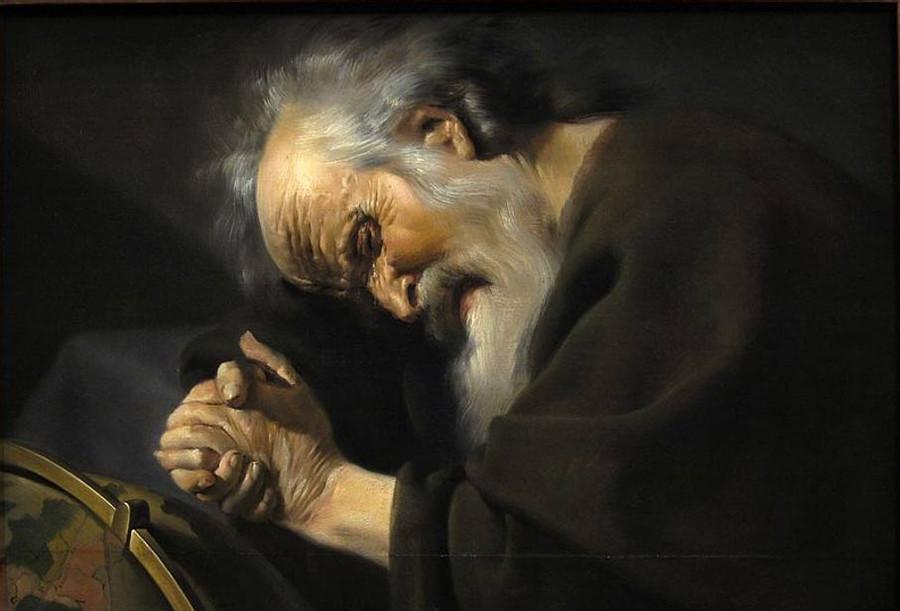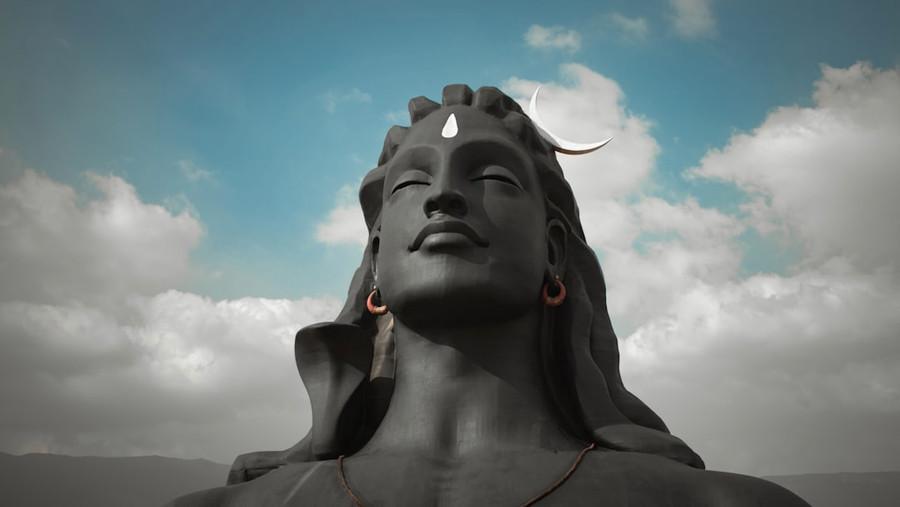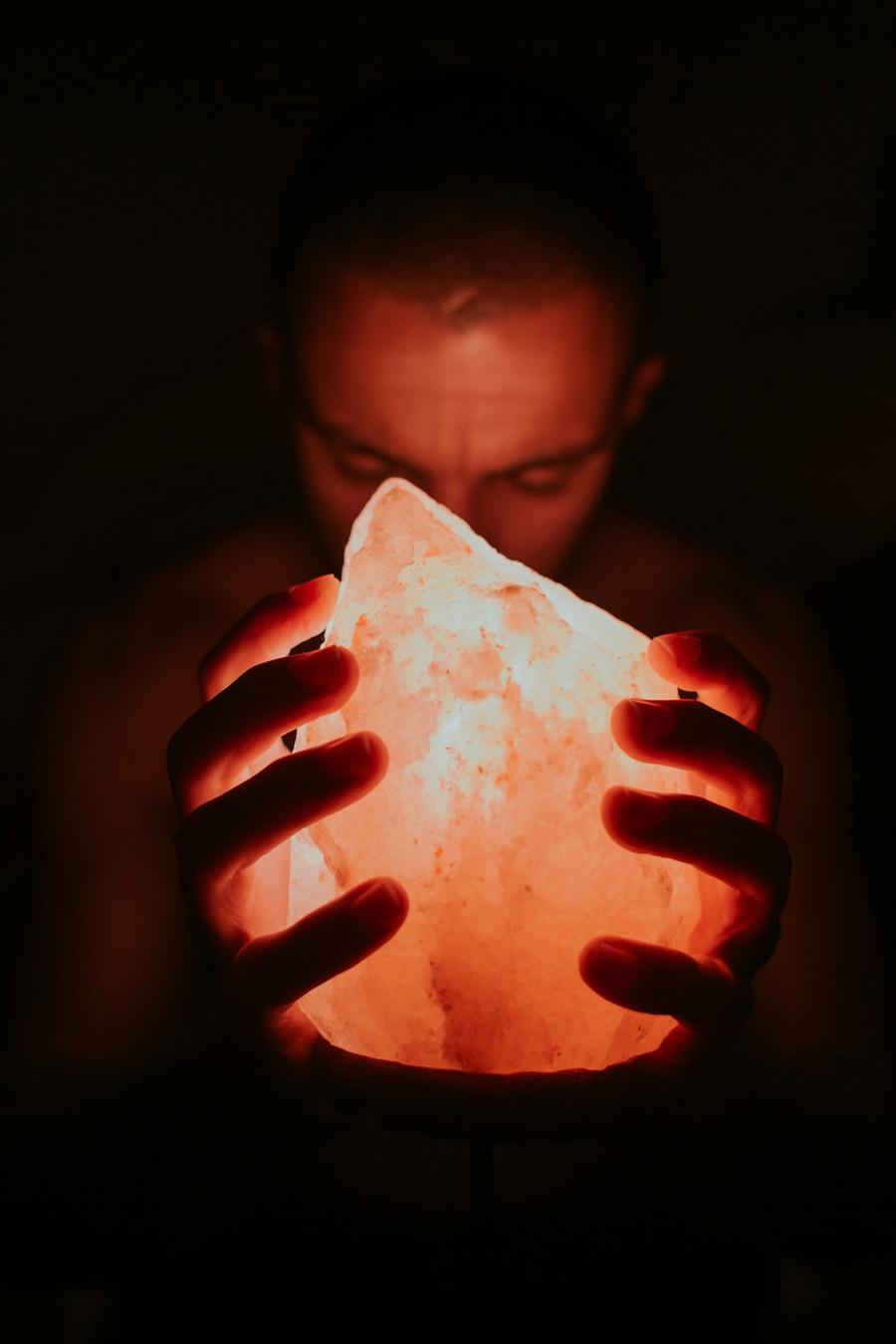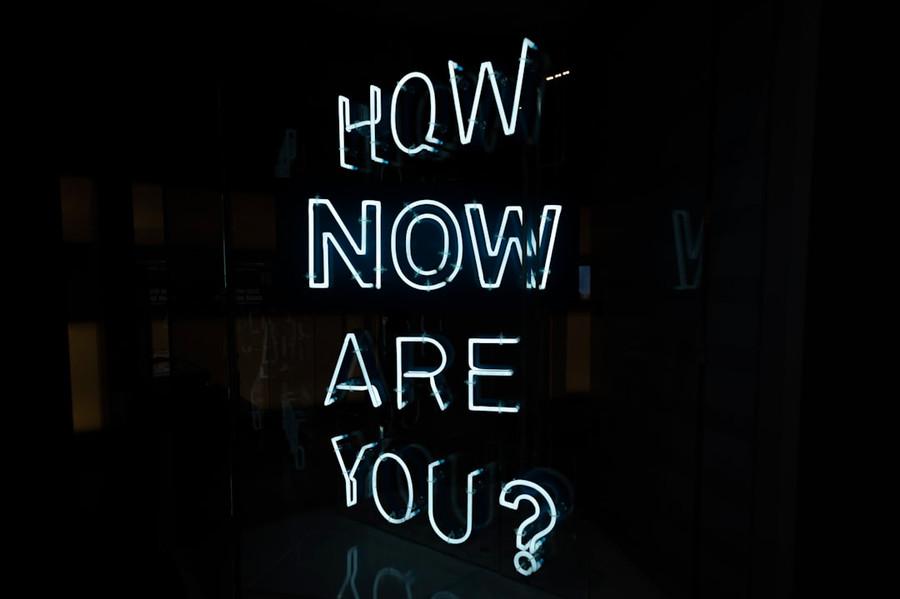Alan Watts on The 5 Most Important Lessons of The 21st Century
Curated from: medium.com
Ideas, facts & insights covering these topics:
16 ideas
·1.75K reads
7
Explore the World's Best Ideas
Join today and uncover 100+ curated journeys from 50+ topics. Unlock access to our mobile app with extensive features.
The Philosopher From The Future
Watts stands out among other 20th-century philosophers for several reasons. Namely because he managed to do three unique things:
- Have very differentiated points of view from contemporary Western viewpoints.
- Articulate them extremely well.
- Do it all in a time when you could record your own lectures—which he did, in abundance.
19
191 reads
A Spiritual Entertainer
Alan Watts wasn’t an expert in what he taught. Despite writing extensively about Eastern philosophies like Buddhism, Hinduism, Taoism, and Zen, he wasn’t ordained as any kind of monk or didn’t strictly follow any one system.
What he was, like the ideas he dedicated his life to studying and teaching, isn’t easy to define. He was a lover of life.
He was a remarkable teacher during the 50s and 60s who self-coined himself as a spiritual entertainer.
He was a prolific writer, publishing over 25 books, most of which were, and continue to be, hugely successful.
19
119 reads
Don't Be So Serious
Alan Watts didn’t take life, or himself, too seriously. He enjoyed a good drink or six. He left the Church partly due to an extramarital affair. He didn’t pretend he wasn’t human and wasn’t ashamed of his vices—whether they be sex, alcohol, acid, partying on his houseboat, or all the above.
The main reason why Alan Watts is and will be the leading philosopher of the 21st century is that he clearly embodied everything he taught, and in doing so, wholeheartedly engaged in and enjoyed life.
19
139 reads
Lesson #1: On The Meaning of Life
To know that you can do nothing is the beginning. Lesson One is: “I Give Up”… What happens now? You find yourself in what is perhaps a rather unfamiliar state of mind.”
Just watching. Not trying to get anything. Not expecting anything. Not seeking. Just trying to relax. Just watching, without purpose.
22
143 reads
Get rid of knowledge; eject wisdom, and the people will be benefited a hundred-fold
LAO-TZU
20
161 reads
The Paradox Of Life
How can you understand the universe when you are a part of it? How can you discover the meaning of life through intellect alone? How can you bite your own teeth or eat your own mouth? Although seemingly obvious and even foolish, Watt’s believed such questions were key to really realizing how much we don’t know.
Overlooking such points when trying to understand life leads to an endless cycle of questioning, figuring out, problem-solving, and, ultimately, the only logical conclusion there is: that the universe is meaningless.
20
112 reads
If the universe is meaningless, so is the statement that it is so. If this world is a vicious trap, so is its accuser, and the pot is calling the kettle black.
ALAN WATTS
20
143 reads
Thinking Isn't Everything
You can’t make sense of the universe through problem-solving. You can’t find the meaning of life through thought alone. Problem-solving is a function of the universe. Your thoughts are one small expression of life.
From the beginning, the question was flawed. But more than that, trying to discover an answer or reason for existence, life, the universe, etc., as if you, the questioner, were separate from existence, life, the universe, will only serve to get you further away from finding what you’re looking for.
21
101 reads
You Are Part Of The Whole
One can only attempt a rational, descriptive philosophy of the universe on the assumption that one is totally separate from it. But if you and your thoughts are part of this universe, you cannot stand outside them to describe them. This is why all philosophical and theological systems must ultimately fall apart. To “know” reality you cannot stand outside it and define it; you must enter into it, be it, and feel it
20
87 reads
Lesson #2: On Uncertainty & Insecurity
To be secure means to isolate and fortify the “I”, but it is just the feeling of being an isolated “I” which makes me feel lonely and afraid. In other words, the more security I can get, the more I shall want”.
The desire for security and the feeling of insecurity are the same thing. To hold your breath is to lose your breath.
23
90 reads
No man ever steps in the same river twice, for it’s not the same river and he’s not the same man.
HERACLITUS
26
102 reads
Lesson #3: On Religion & Faith
Religions are divisive and quarrelsome. They are a form of one-upmanship because they depend upon separating the “saved” from the “damned,” the true believers from the heretics, the in-group from the out-group. . . . All belief is fervent hope, and thus a cover-up for doubt and uncertainty.
The problem that besets any doctrine or set of ideas that supposedly holds “The Truth” is that it is based on believing that something is true, as opposed to knowing something is true for yourself.
21
77 reads
The Harsh Truth Of Life
Believing in some other entity that has divine power or will to save you from your sins can also cause you to close off from life and avoid its harsh truths — uncertainty, impermanence, death, change.
Paradoxically, embracing such realities is essential for freedom and the basis of understanding any religion.
20
80 reads
Lesson #4: On Taoism & Nature
In the West, “nature” is something that’s equated with the countryside or the mountains — a place that is wild and out there.
Nature is thus something you enjoy from the safety of your couch via a David Attenborough documentary or when you finally get out of the city on the weekend.
This divide between our daily life and the natural world has grown so much that most of us don’t know where the food we eat every day comes from and feel out of place in the silence and vastness of open, cementless spaces.
20
72 reads
Ziran: Nature Defined In Chinese
In Chinese, the word for nature is ziran, which means “self so”, or “so of itself”. Ziran doesn’t mean green pastures over yonder. There is no word to distinguish between “us” and “nature” in Chinese. It means a spontaneous process that happens in and of itself.
This notion of ziran — the natural, spontaneous process of life — is the basis of the principle of “Tao”. The Chinese philosophy based around living in accordance with the Tao, and that is attributed to the person (or likely persons) Lao Tzu, is called Toaism.
20
65 reads
Lesson #5: On the Present Moment
The past and the present are real illusions, that they exist only in the present, which is what there is and all that there is. From one point of view, the present is shorter than a microsecond. From another, it embraces all eternity. But there isn’t anywhere, or anywhen, else to be.
- To understand music, you must listen to it. But so long as you are thinking, “I am listening to this music,” you are not listening.
- To understand joy or fear, you must be wholly and undividedly aware of it. So long as you are saying, “I am happy,” or “I am afraid,” you are not being aware of it.
23
71 reads
IDEAS CURATED BY
CURATOR'S NOTE
Lessons on life, belief, religion and nature.
“
Brian Adams's ideas are part of this journey:
Learn more about religionandspirituality with this collection
Understanding the concept of the self
The importance of living in the present moment
The illusion of control
Related collections
Similar ideas
Read & Learn
20x Faster
without
deepstash
with
deepstash
with
deepstash
Personalized microlearning
—
100+ Learning Journeys
—
Access to 200,000+ ideas
—
Access to the mobile app
—
Unlimited idea saving
—
—
Unlimited history
—
—
Unlimited listening to ideas
—
—
Downloading & offline access
—
—
Supercharge your mind with one idea per day
Enter your email and spend 1 minute every day to learn something new.
I agree to receive email updates

